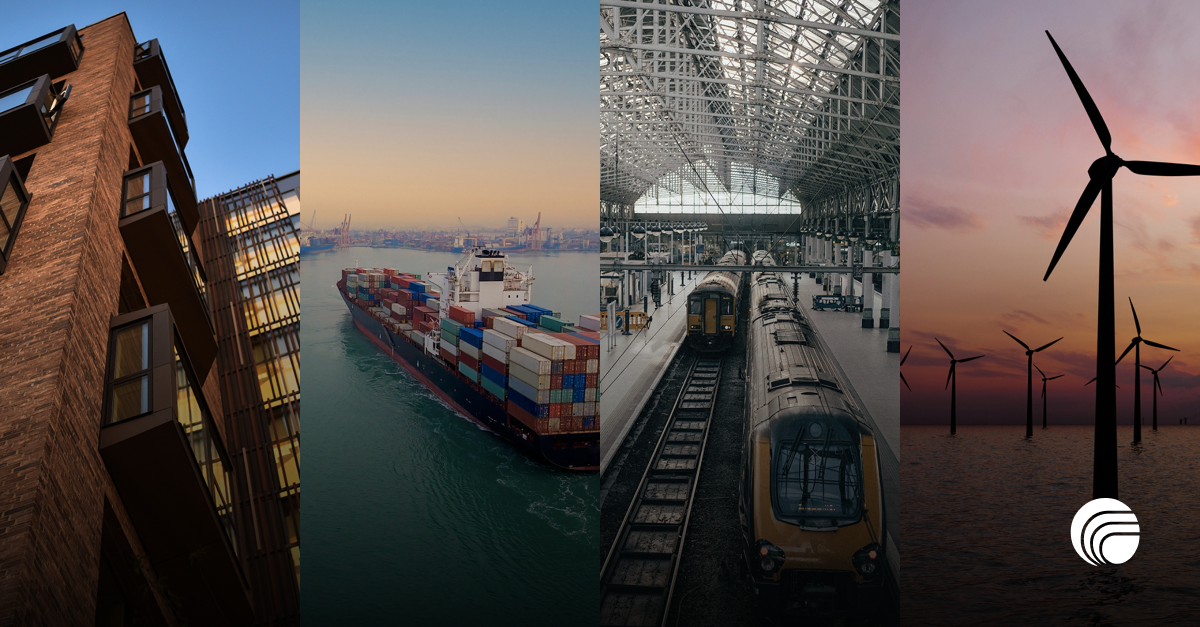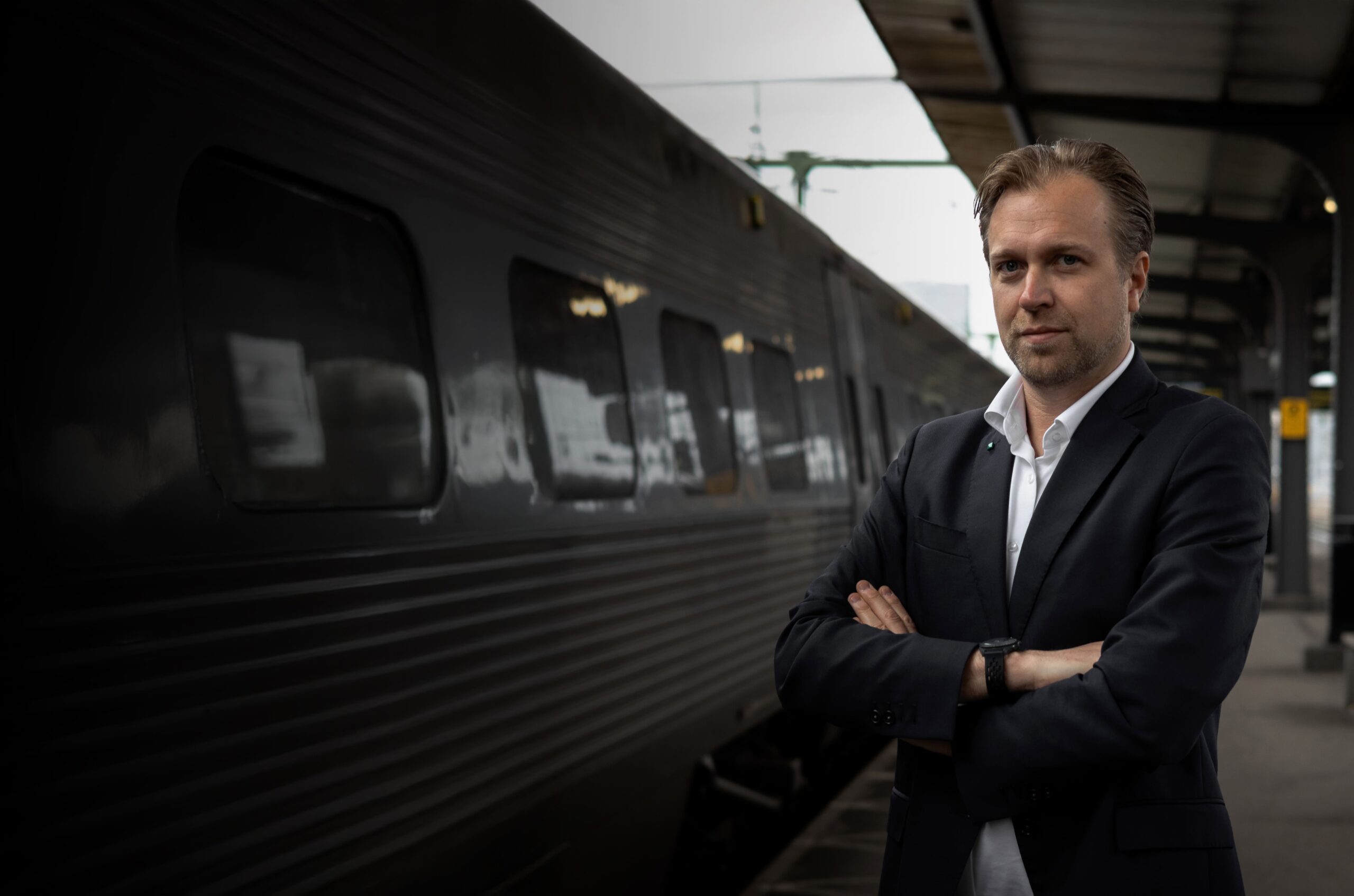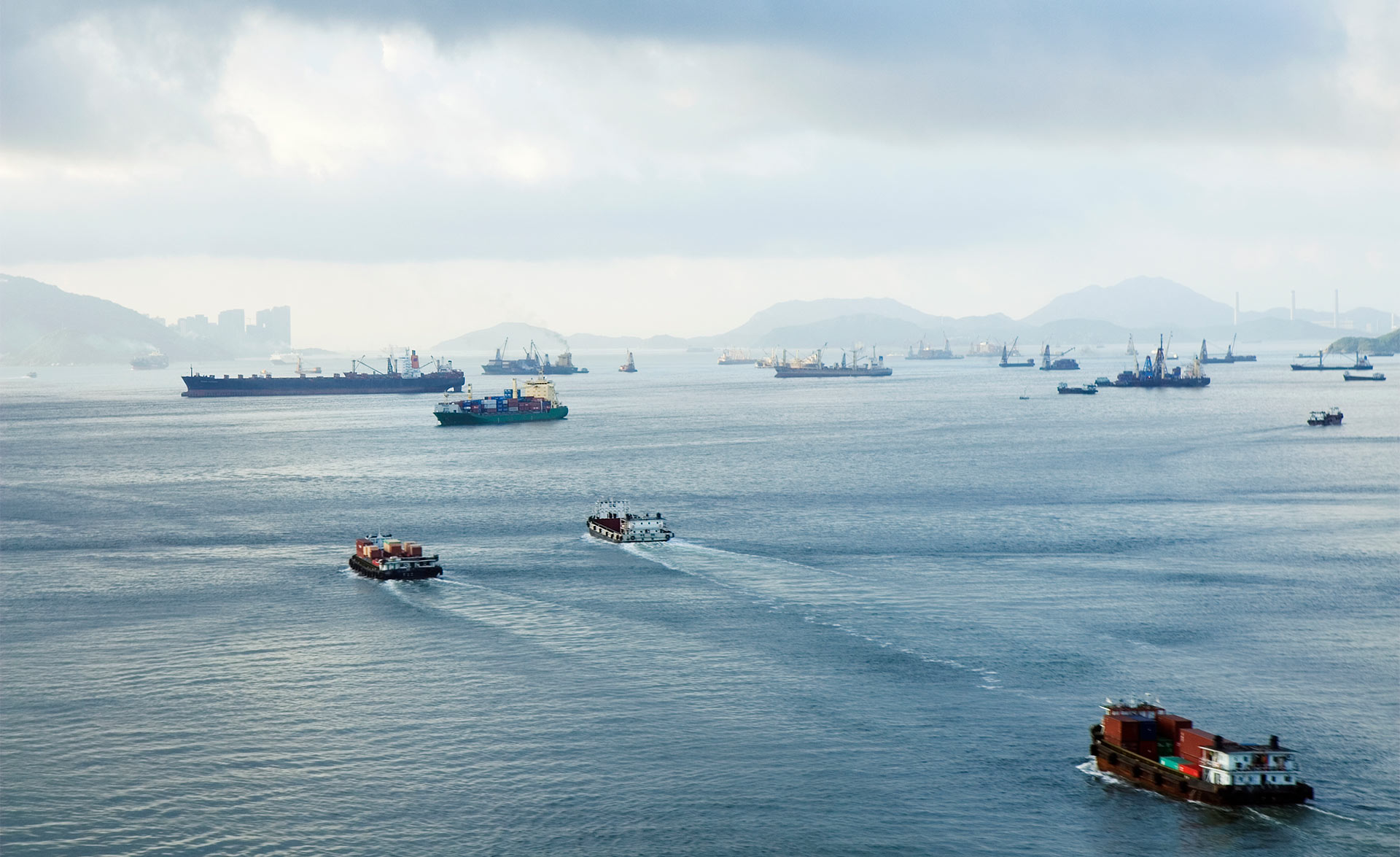The answer is … probably yes. The global economy is expected to grow 3–4 per cent yearly – with reservations for the escalating trade war between the US and China – and most shipbuilding sectors connected to trade are expanding. Shifting over to more sustainable trading is necessary, where the IMO emission regulations from 2020 force sea traders to either invest in scrubbers or switch to LNG.
Growing but changing
Growth of global gross domestic product (GDP) has varied between 3.23 and 3.76 per cent over the last five years. The predicted growth numbers for the next five years are slightly higher. On the other hand, according to the International Monetary Fund (IMF), the accelerated trade war between the US and China might harm global growth. The yuan, for instance, has lost approximately 8 per cent against the dollar between June and November 2018.
Looking into the shipbuilding market, the crude tanker fleet is forecasted to grow by 4.0 per cent per year 2018-2022, representing 25 per cent of capacity. Corresponding numbers for chemical tankers are 7.0 per cent followed by 5.2 per cent for LPG tankers and 9.4 per cent for LNG tankers. There is a market for ultra-large container ships and large vessels, whereas the cargo ro-ro fleet sector is not growing, and small vessels is a shrinking segment.
Reducing emissions
IMO emission regulations for 2020 drive the need for sea traders to invest in new, clean technology. One option is to provide diesel engines with scrubbers to reduce SOx emissions. In this case, you have to prove compliance to administration. Consilium OPSIS M800 is a non-contact emission monitoring system with an average uptime of close to 100 per cent, giving you the data you need.
Another alternative is switching from HFO to LNG. Transferring and transporting LNG is a bit of a challenge, as the gas needs a temperature of below -163°C to stay liquidized. You also have to make sure that no gas is leaking into the ship, for example, by using a point or sampling gas detection system. In many cases, LNG vessels use both methods. Reliable gas detection onboard protects both people and products, motivating employees to stay at their jobs and giving customers a good impression.
Latest news
News archive
Patrik Andersson appointed New Chairman of the Board at Consilium Safety Group

Consilium expands into Türkiye’s shipbuilding hub through the acquisition of Ares Marine

Henrik Gjörloff: “Our job is to ensure safety so passengers can enjoy their journey”
Talk safety with us
New tankers are needed to meet the transport demands in the global trade. In the next newsletter, we are going to present a case where Consilium has provided a fire and gas detection system to a tank ship. Want to talk safety with us in the meantime? Feel free to contact us. We are always ready.
